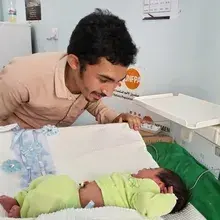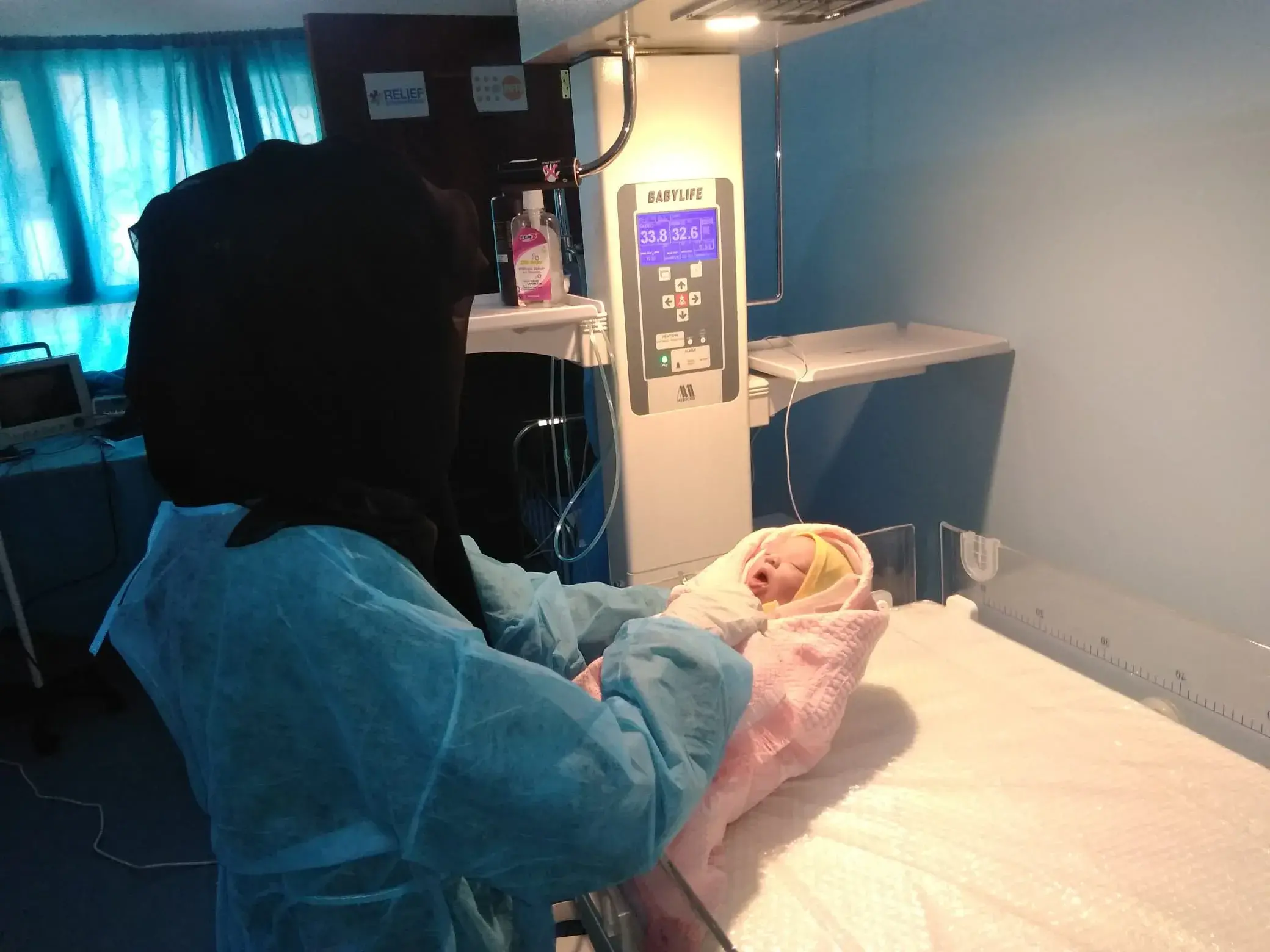Yemen enters the third year of armed conflict with no clear end in sight. The result of the crisis has left some 15 million people lacking adequate access to clean water, sanitation and hygiene, and health services; seven million people are faced with the threat of famine; further exacerbated by the largest single-year cholera outbreak ever recorded.
The interruption of regular salary payments for one and a quarter million civil servants is a further driver of humanitarian need, particularly food insecurity, and it is affecting nearly a quarter of the population. Recent market analysis puts the average price of a food basket 30 per cent higher than pre-crisis and in some cases as much as 60 per cent higher. Additionally, the lack of civil servant salaries has disrupted the provision of basic services to the wider population most notably in the health sector.
The Yemen Humanitarian Response Plan is 55 per cent funded with $1.3 billion of the $2.3 billion required to reach the 12 million people in need of humanitarian support and protection this year. Despite the complexity of the response, this year humanitarians have already reached 7 million people with direct assistance.
UNFPA's response in Yemen has so far reached nearly 1.5 million people with reproductive health and gender-based violence services.
The 2014 Household Budget Survey was launched in September with UNFPA’s support. The results indicated an increase in the rate of poverty from 35 percent in 2005 to 48.6 percent in 2014. This includes a significant increase at governorates’ level such as in Amran, Hadramout, Hajjah, Lahj, Mahara, and Sa'ada.
UNFPA is supporting the preparation of a national framework for gender statistics, which will help to monitor and evaluate policies and programmes that reflect gender issues, gender equality and the country's commitment to the implementation of international conventions.




